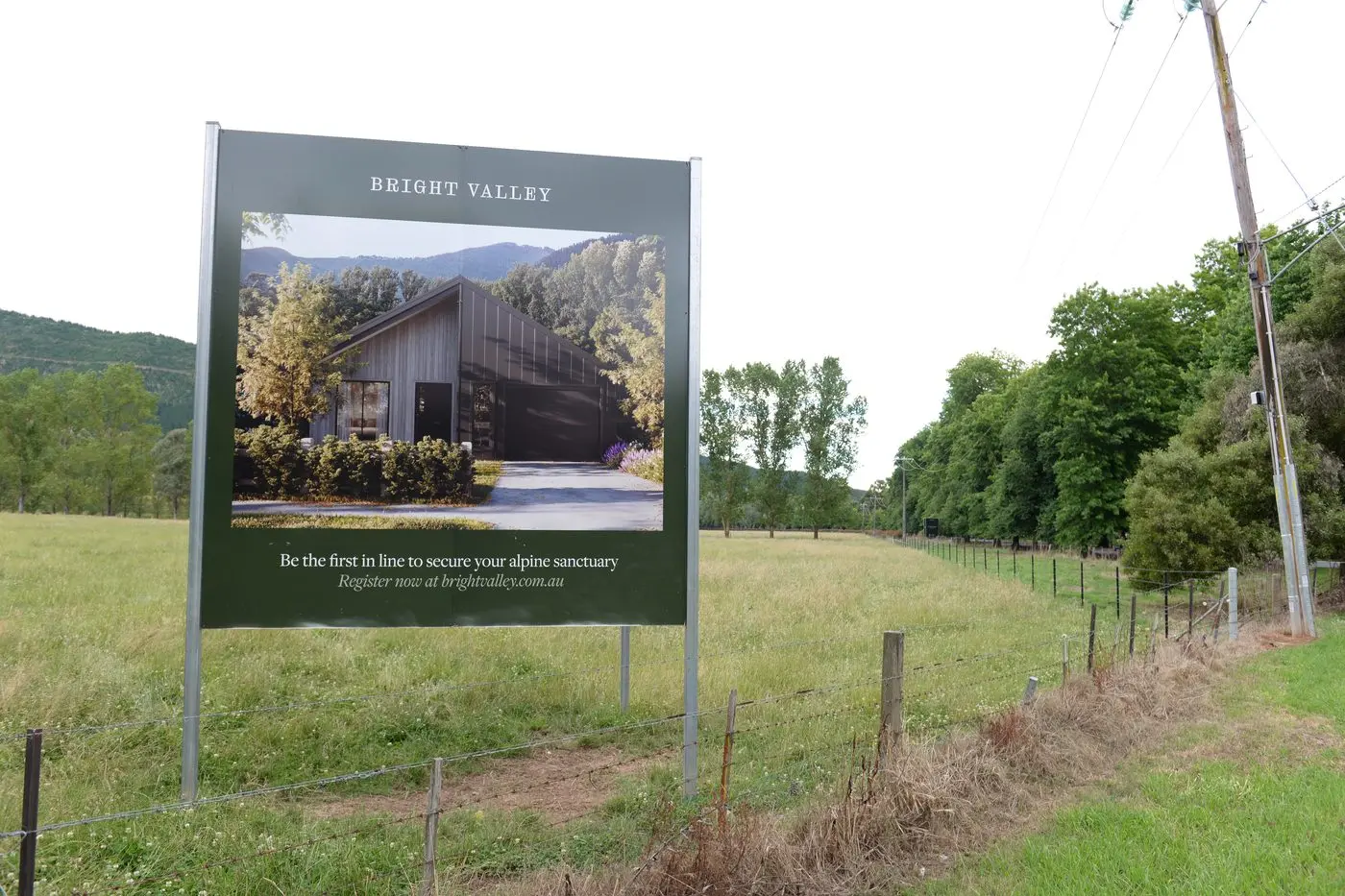PHOTO
FURTHER soil testing of the Bright Valley development site has found no environmental audit is required, with pesticide contamination largely undetected or at rates well below limits for residential use.
Supplied to the Myrtleford Times/Alpine Observer by the Deague Group, the Preliminary Risk Screen Assessment (PRSA) concludes a low contamination risk to future receptors, such as humans or animals, as a result of soil and groundwater conditions at the site.
The report’s analysis found results for pesticides were below the laboratory limit of reporting except in one sample, in which 4,4-DDE (a type of organochlorine pesticide) was detected in a concentration far below the limit for low-density residential usage.
Organochlorine pesticides are long-lasting toxic pollutants that were largely banned in Australia in the 1990s.
The report said the site’s history of tobacco farming was a potentially contaminating activity, but it is “considered unlikely that farming operations have impacted site soil”.
“This is further supported by the desktop review of previously completed reports and peer review of said reports, which state the risk of contamination at site based on historic site activities is low and it does not indicate that the site is unsuitable for residential land use.”
Stages one and two of the development were approved by the Alpine Shire Council last November, with a permit condition requiring the completion of a PRSA, to the satisfaction of council, before works can begin.
According to a council report, a soil investigation supplied by the permit applicant concluded that contamination was unlikely to pose an unacceptable risk to human health, but recommended a PRSA due to the site’s ‘Medium Potential’ for contamination.
PRSAs assess the likelihood of land contamination in relation to a site’s existing or proposed future use and determine if an environmental audit is required.
According to the PRSA, this is the fifth investigation of soil or groundwater at the site in recent years, all supporting residential use of the land.
In 2021 a preliminary soil investigation was undertaken, followed by a preliminary site investigation and desktop hydrogeological assessment by environmental consulting group EHS Support in March 2023.
EHS Support then completed a targeted groundwater assessment, while SLR Consulting, another environmental consultant, completed a peer review of the three previous assessments.
The site was used for tobacco growing around 40 years ago, leading to concerns the land may have been contaminated with pesticide residues.
The Alpine Shire was contacted for comment but did not reply before deadline.





